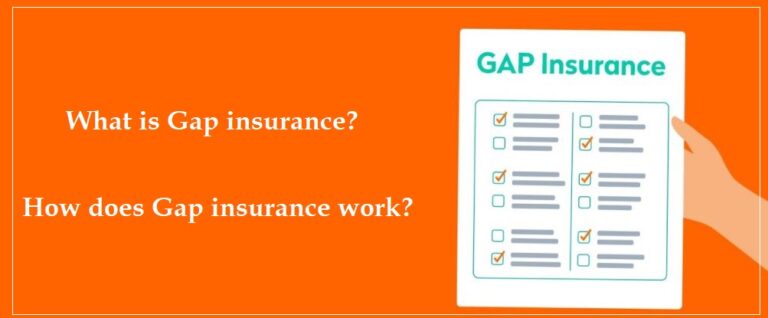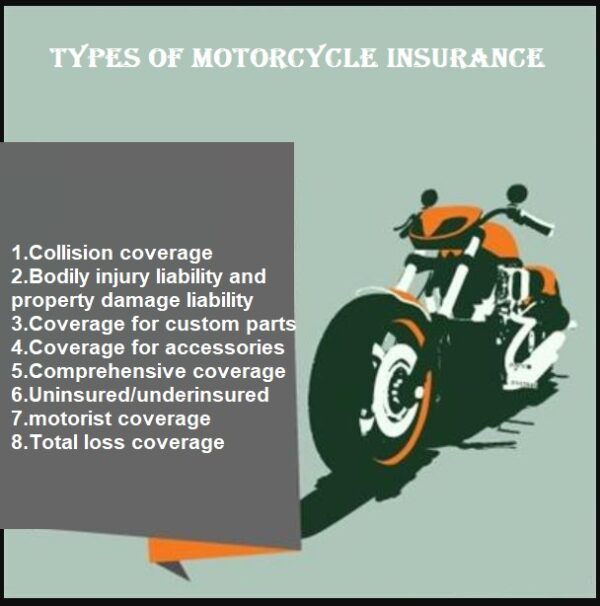What is Term Life insurance?
What is Term Life insurance? – Term Life Insurance, also known as term assurance, offers coverage with a fixed amount of payment for a specific duration or the pertinent period.
When the term expires, then coverage at the earlier amount of premiums is no guarantee and the insured has to choose whether or not to cover the risk or, if they wish, obtain insurance that has different payment or terms.
If the person insured dies during the term, the death benefit is given directly to beneficiaries. Beneficiaries.
Term insurance is generally the most affordable method for purchasing a large death benefit on a protection price per premium dollar over an extended period.
Life insurance for the term can be distinguished from permanent insurance like whole life, universal life, and flexible universal life that provide coverage at fixed prices throughout the person’s life if the policy is allowed to run out.
It isn’t typically utilized for estate planning or strategies for charitable giving. However, it is used to meet the need to replace income for individuals. Term insurance works similarly to other kinds of insurance.
It covers claims against the covered if the premiums are paid up to date, and the contract isn’t expired and doesn’t provide the return of premium funds even if there are no claims submitted.
For instance, the auto insurance policy will cover any claims made against an insured person in the case of an accident.
Homeowner insurance will cover claims against the property if it is damaged or destroyed, as in the case of a fire or through fire.
If these things are likely to occur is unclear. If the policyholder ceases to have coverage because he has sold the car, house, or home, the insurance company will not reimburse the total amount.

What is the benefit of a term life insurance policy?
There are two primary kinds in the world of life insurance: term and whole. The term is the most sought-after and the most straightforward type in insurance.
It protects for a set duration, typically 10 to 30 or 20 years. When that time is over and the policy has ended, it is no longer in force, and the cost of premiums (the amount you pay to cover) cease.
Why would you opt for a term insurance policy instead of an entire life policy? Three reasons are:
- Term insurance is much less expensive than whole life insurance.
- They provide temporary coverage at a lower cost at which you can get coverage for a short time.
- It is simpler to comprehend and less complicated than other forms of insurance for life.
What are the cons of term life insurance?
The negatives for term life insurance are that it generally has lower death benefits than other kinds of insurance policies.
It also doesn’t provide the replacement of income if you die within the period of coverage and exclusion for your pre-existing health conditions if you already have a different type of health insurance.
Term life policies last for a set period of time, usually 10-30 years, until they expire, and then stop making payments in the event of your death.
That means that you’ll need to maintain your insurance every couple of years for coverage to last.
Another drawback is that the term life policy has the same value in cash, which means that even if the death benefit will pay the total amount when the term ends or if it was purchased through an investment vehicle, such as universal or whole life that accumulates an equity value over time. It also pays interest.
What is the difference between life insurance and term insurance?
The distinction between term and life insurance is often a mystery. Many people believe they’re similar, but they’re different.
Term-life insurance is less expensive than whole life insurance, but it is only valid for a set period of time before you need to renew your policy or pay more rates.
Life insurance policies for the whole family cost more since they run until your death and offer protection for costs like funeral expenses and taxes on income that are final and might not be covered by other policies.
Do you get your money back at the end of a term life insurance?
If you’re considering purchasing term life insurance and wonder whether you’ll get the money back should you decide to terminate the policy? In most circumstances, you’ll get back the amount you paid, less any cancellation fees applicable.
The policy is valid for a specific duration, typically 10, 20 or 30 years. When the period the policy expires, you are no longer covered protection.
Contrary to permanent life insurance that lasts for the entire duration of your life, term life insurance is less expensive and ideal for those looking to secure protection for a particular time.
What happens at the end of a term life insurance policy?
This is the type of question people ask. The answer is straightforward, and it depends on the kind of policy you purchased. Most term policies offer two options” rolling over“, which implies that coverage will automatically renew for the next term period beginning on the same date before it and ” non-renewing,” which means that coverage will expire at the end of the time specified.
Can I cancel term insurance?
Yes. The only condition is that you be able to prove that your health condition has changed substantially since you applied for insurance (or since the last time the insurance was extended) in a way that, even if something did occur today, there would there be no reimbursement from the insurance company due to the changes in your health status.

I am Jack. Since 2016, I’ve been a blogger, and I adore writing. I greatly enjoy writing about Bikes, Motorcycles, ATVs, technology, and money. I also write about health and fitness. I maintain numerous blogs, including https://allbikeprice.com. allbikepriceinfo@gmail.com is how you may get in touch with me.







